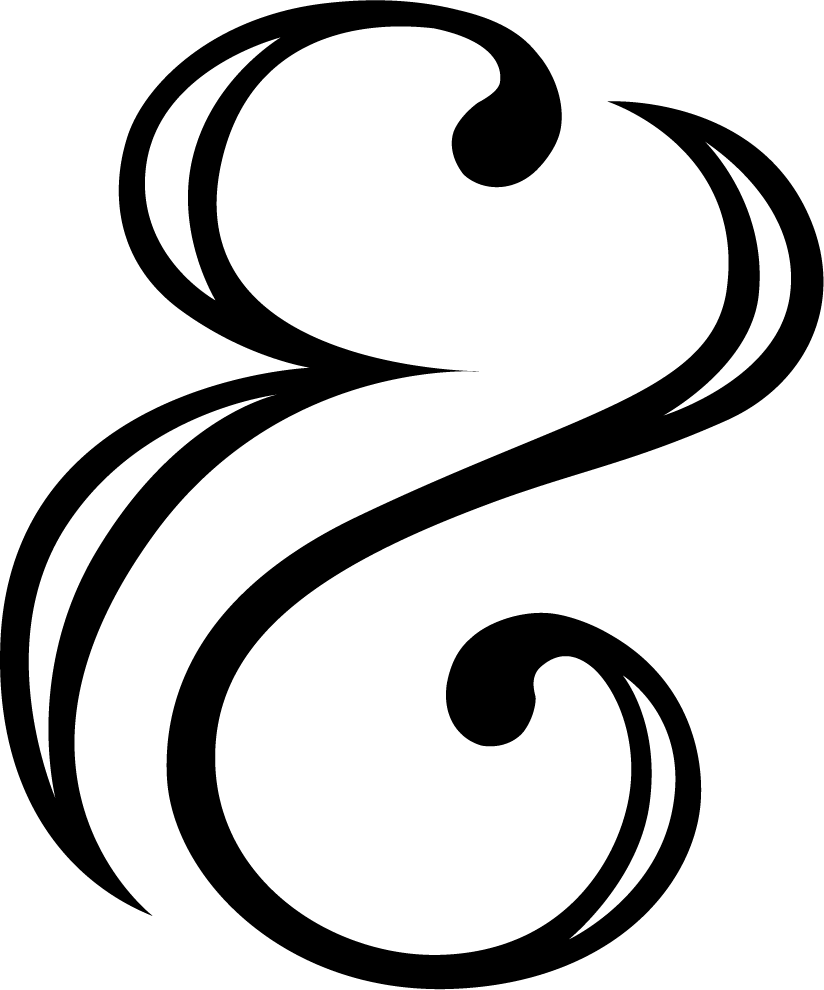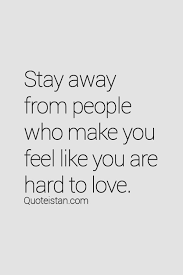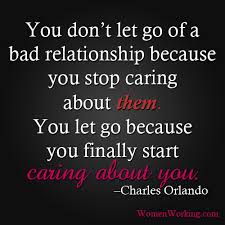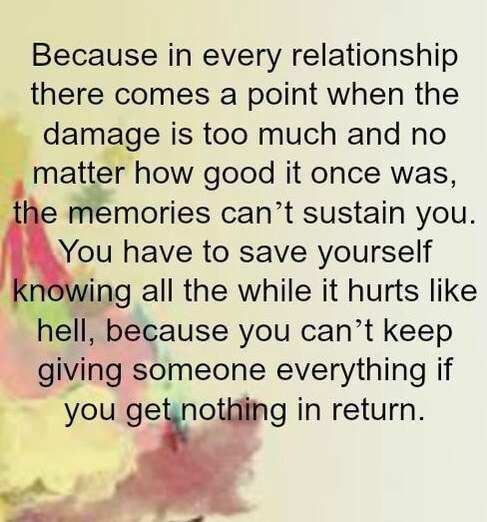Reimagining conflict: creating connection through conversation
I’ve been seeing meme’s and “personal development” phrases and articles around letting people go because they’re toxic or don’t put in enough effort or said something to you that you didn’t like.
Often the underlying claim is finally owning your self worth, becoming enlightenment and taking a “I’m better off without them” stance in sticking it to the other person who did something wrong.
It may look like this:
- can you BELIEVE what s/he said to me?! Clearly they don’t deserve me.
- so-and-so never calls me anymore, if s/he isn’t willing to put effort in to the relationships then neither am I.
- my friends can’t be with my success, so I had to get new ones.
- All s/he cares about his her/himself, and I'm tired of there not being room for me in the relationship.
With advice like this:
If you could hear yourself in those, you're not alone.
All these memes have an underlying assumption: you were in relationship (whether friendship, romantic, familial), something happened (can be one time or multiple), and you created a response resulting from that. See my footnotes if you want to see me dissect these specific quotes pictured above.
It's easy to look at relationships from a place of blame and what the other person did wrong, and I invite you instead to look at how you respond and what you make it mean about yourself when you have a miscommunication/disagreement.
But first - why do we have relationships in the first place? What's their purpose?
If you boil it down to the core, the reason you (and most of us) get in to relationships is for connection and belonging. You find people who you click with, have fun with, and who 'get' you.
In fact, it's part of your most basic survival instincts to form bonds with people because you have one extra person looking out for you. When you're in community, you can get more of your needs met than if you were alone.
And, because human beings are complex, nuanced beings, things happen in those relationships that have us question whether or not they still serve us.
The framework I'm offering here is to go beyond the superficial reaction, pause, and ask ourselves the sometimes uncomfortable questions that can allow us to experience deeper love and connection.
We all have ways that we defend ourselves.
I know one of my patterns of my survival mechanism is to protect myself from being wrong, because somewhere along the line I associated doing something wrong with my being wrong.
The impact it had was that I always had to be right, and it was really difficult to even acknowledge or have space for a conversation where I had to apologize or hear that what I had to say didn’t land how it was intended or was offensive.
In this set up, they always had to be wrong, and I could be righteous in claiming that and demanding an apology, telling other people about it and having them take my side to justify my 'rightness'.
(I see this a lot on social media, where one person complains about another from their perspective just to have a bunch of people tell them they were right to do that and reinforce an approach to conflict that doesn't serve anyone).
It sucks to be on the receiving end of me (or anyone) being right, too. If someone is telling you you're wrong, it's usually not a gateway to open up conversation, rather it ignites the other person's own self defences and what they know how to do to protect themselves. You pretty much end up with two people sitting across from one another, arms crossed, not feeling heard or seen, and calling it an impasse.
It doesn't have to be like that.
Once I did my own work to see that communication/conflict/disagreement didn’t have to exist on a spectrum of right/wrong, it opened up a huge amount of connection and intimacy I hadn’t realized existed before.
I could create space for someone to tell me that they were disappointed or not happy with someone I said, and I could hear them without making myself feel like a piece of sh*t.
When you start to show up communicating differently, even if the other person hasn't done learned or done anything, they will respond to you differently as well.
When you can hear and see people, all of them - their joy, imperfections, anger, sadness - it creates the stage for a deeper level of connection.
You can better practice the vulnerability of impacting people, both positively or negatively. You allow someone else can effect you, to bring you immense joy (even if you may not believe that you deserve it) and to risk rejection.
In Real Life
This work is the core of my being and who I am, and I see so much value for our world in human beings getting to be human, particularly with the movements and politics that we're seeing today.
You can practice authentic communication from knowing yourself and having the confidence and trust that you can handle conflict in relationships that doesn't have to dismantle connection.
Relationships: what if your relationships were set up based on agreements (not assumptions or expectations) on how things would go, how you'd treat each other, and what you'd do if you had a fight? How would you communicate differently if you knew that relationships wouldn't end if you disagreed?
Friendships: what if you stopped valuing friendships based on text response times, how many 'likes' they gave you, or how many times they called, but rather the quality of the conversation and how they were able to see you and hold you to your highest and greatest (and vise versa)?
Career: you don't have to get vulnerable with your boss, but what would change if you stopped communicating from fear of being wrong? What if when someone pointed out a mistake you made, you could acknowledge it and still confidently know your value and worth in the organization?
Let's talk about what you see for yourself.
Footnotes:
All of these quotes have a "poor me" quality to them, as if it was Eeyore crossed with a princess saying them (the analogy is meant to make you smile).
Image 1: "Stay Away From People Who Make You Feel Like You're Hard To Love" - being in relationship, especially romantic relationship, will reflect to us all the pieces of ourselves that we cannot be with. Aside from abusive situations, having this come up does not have to be negative, but rather an opportunity for self expansion and growth and self acceptance. If this is you, a great place to start is reading "The Dark Side of the Light Chasers," by Debbie Ford.
Image 2: "Don't Let Go of a Bad Relationship Because You Stop Caring About Them. You Let Go Because You Finally Start Caring About You." I see many of the people I work with think they have to do and carry all of the weight of the success of the relationship on their shoulders, and eventually it breaks and they demand something different of their partner (who, if you're being responsible for your actions, you've trained to never have to do anything because you will), then righteously end it because you've realized that you matter. I am not blaming you - rather pointing to an avoidant conflict style where you didn't express your needs, created a relationship where your needs didn't have to exist, then got fed up with it. S/he isn't bad, rather you both didn't create a relationship where both of you got your needs met.
Image 3: "Because In Every Relationship There Comes A Point When the Damage Becomes Too Much..." Our survival mechanism loves to collect evidence that proves what we fear is true. For example, one of my core fears is being lovable, and one of the ways it used to manifest was that I would mentally collect conversations, actions and things that I expected a partner to do/not do, and then hit a breaking point and cascade all of them on to him as evidence that he didn't really care. It was not a fun experience all around. Similarly, what this quote is pointing to is when we let the little things fester without allowing ourselves the space to communicate, resolve and get complete on miscommunication and conflict as it arises, it becomes a story that's based in your fear that seeks to prove it's right.



